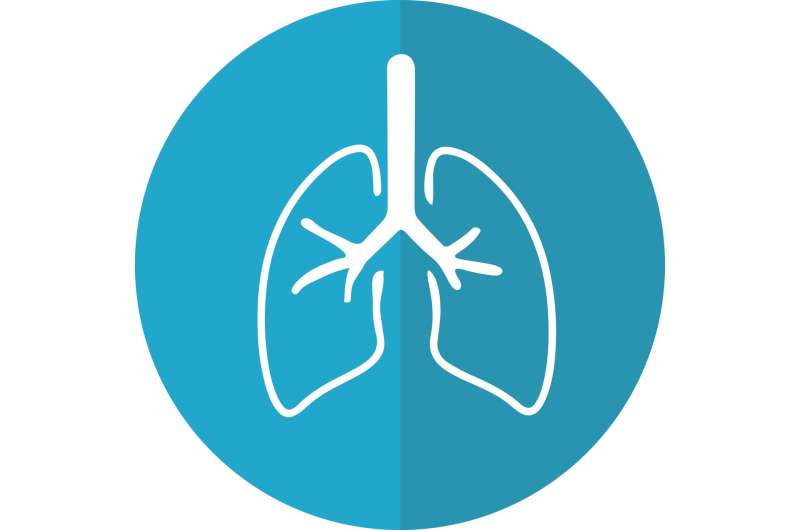Exploring Low-Dose Naltrexone as a Potential Treatment for Long COVID

Research from Griffith University suggests that low-dose naltrexone, a drug used for opioid addiction, may be an effective treatment for Long COVID by restoring cellular function and improving symptoms.
Recent research from Griffith University has indicated that low-dose naltrexone (LDN), a medication traditionally used for opioid addiction, may offer new hope in the fight against Long COVID. A study published in Frontiers in Molecular Biosciences demonstrated that LDN successfully restored cellular function in human cells affected by Long COVID.
Long COVID, affecting over 77 million people worldwide, causes persistent symptoms such as fatigue, neurological issues, and immune dysfunction long after the initial infection resolves. The study’s lead researcher, Professor Sonya Marshall-Gradisnik of Griffith’s National Center for Neuroimmunology and Emerging Diseases (NCNED), emphasized the urgency for effective treatments, and highlighted that LDN is a safe, repurposed drug.
The team’s prior investigations revealed that TRPM3 ion channels, which facilitate calcium transport into cells and are vital for cellular signaling, are faulty in Long COVID patients. Ph.D. candidate Etianne Sasso explained that these defective ion channels can be likened to malfunctioning doors in a house, preventing essential calcium entry. This impairment hampers various bodily functions, including immune responses and neurological activity.
The study demonstrated that low-dose naltrexone effectively fixes these dysfunctional 'doors,' enabling proper opening and closing of ion channels. Since these channels influence key processes such as immune response and pain regulation, restoring their function could significantly alleviate Long COVID symptoms. Currently, NCNED is conducting clinical trials to evaluate LDN’s effectiveness in improving symptoms, disability, and quality of life among Long COVID patients.
This promising discovery offers a new avenue for treating a condition that has been challenging to manage and highlights the potential of drug repurposing in medical research.
Source: https://medicalxpress.com/news/2025-05-drug-typically-opioid-addiction-covid.html
Stay Updated with Mia's Feed
Get the latest health & wellness insights delivered straight to your inbox.
Related Articles
Experts Emphasize the Importance of Routine Screening for Women with Diabetes Planning Pregnancy
Latest guidelines emphasize routine screening of women with diabetes during every healthcare visit to improve preconception care and pregnancy outcomes. Learn the key recommendations to optimize maternal and fetal health.
New Grading System Proposed for Invasive Lung Squamous Cell Carcinoma by IASLC
A new study proposes a tumor budding-based grading system for invasive lung squamous cell carcinoma, offering improved prognostic accuracy and potential to enhance treatment strategies. Published by IASLC, this research highlights a practical approach for pathologists worldwide.
Nobel Laureate-Led Research Uncovers Disruption of Immune Cell Precursors in Severe COVID-19 Cases
A recent study by Nobel laureate-led researchers uncovers the disruption of regulatory immune cell precursors in severe COVID-19, contributing to autoantibody production and immune dysregulation. This discovery offers new insights for future therapies and vaccine development.
President Trump Urges Pharmaceutical Companies to Reduce Drug Prices or Face Consequences
President Trump has issued a bold warning to pharmaceutical companies to cut drug prices or face punitive measures, aiming to make medications more affordable for Americans through new policies and regulations.



